March 25, 1990: The day Andre Agassi won the biggest title of his young career
What a way to fend off criticism that you can’t make it on the big stages – here’s how Andre Agassi did it against Stefan Edberg in 1990
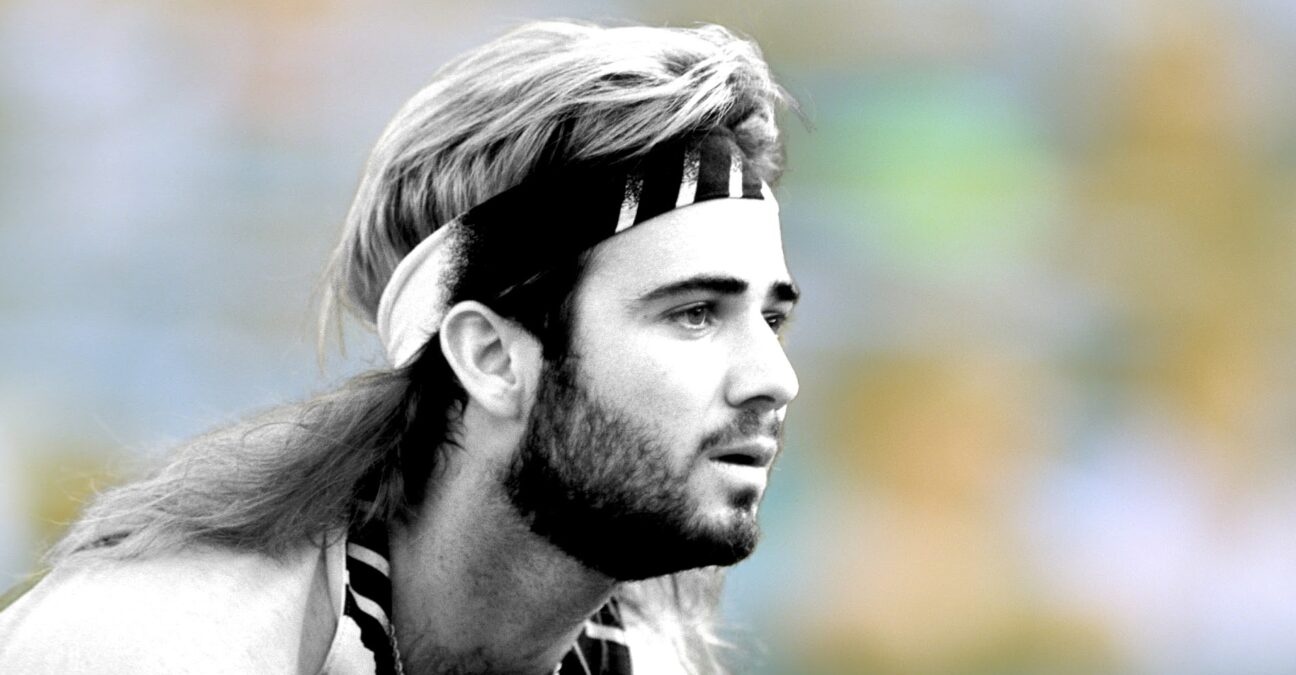 Agassi OTD 03_24
Image Credit: Panoramic/ Tennis Majors
Agassi OTD 03_24
Image Credit: Panoramic/ Tennis Majors
What exactly happened on that day?
On this day, March 25, 1990, Andre Agassi defeated Stefan Edberg (6-1, 6-4, 0-6, 6-2) in the Miami final, to claim what was at the time the most important title of his career. At the time, the Lipton Championship was the biggest tournament outside of the Grand Slams, and it was a milestone for the young Agassi, who had been heavily criticised for his lack of success in major tournaments.
The players involved: Andre Agassi and Stefan Edberg
- Andre Agassi: The Las Vegas kid who was lagging behind his American peers
Andre Agassi, the Las Vegas Kid, was one of the biggest stars in tennis history. He turned professional in 1986 and he soon became famous, thanks to his amazing tennis skills but also to his flamboyant outfits, including the iconic denim shorts and the pink bike shorts (worn as underlayer). Taught by his father and bred at the Nick Bollettieri Academy, his game relied on a great return (the best of his time) and on hitting the ball on the rise on both sides with incredible power, which was revolutionary at the time and then copied by generations of tennis players.
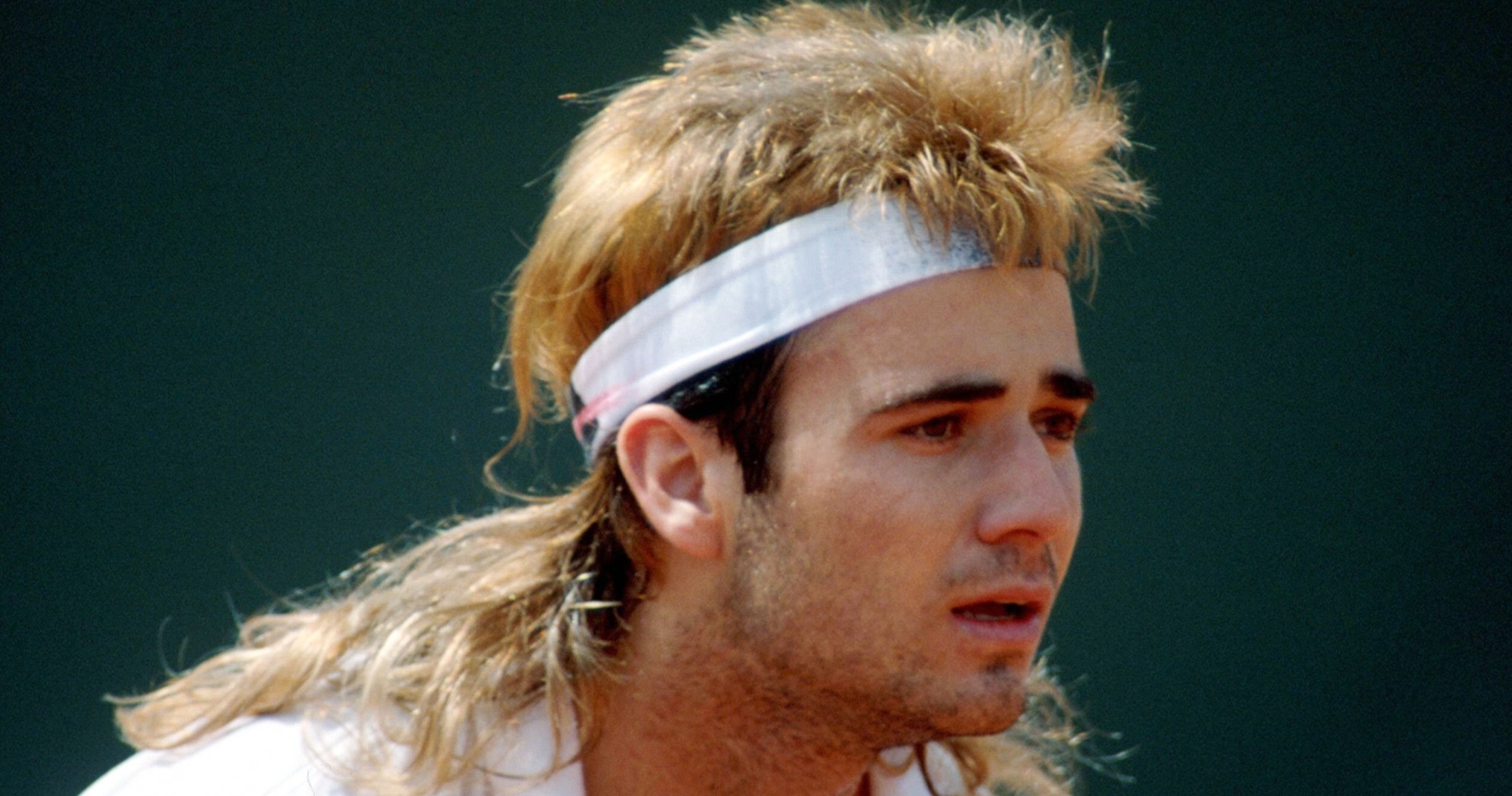
Agassi’s breakthrough year was 1988: not only did he claim six titles, but he also reached the semi-finals at Roland-Garros, defeated by Mats Wilander (4-6, 6-2, 7-5, 5-7, 6-0), and at the US Open, where he lost to Ivan Lendl (4-6, 6-2, 6-3, 6-4). In 1989, Agassi, who had been the first American player from his generation to hit the spotlight, saw his rivals triumphing in major tournaments, whereas he missed several opportunities.
At the 1989 French Open, he lost to Jim Courier in the third round (7-6, 4-6, 6-3, 6-2) and witnessed countryman Michael Chang, 17 years old, lift the trophy. After a disappointing 1989 season, he made a strong start in 1990, claiming the title in San Francisco before reaching the Indian Wells final, where he beat world No 2 Boris Becker (6-4, 6-1) before being defeated by Stefan Edberg (6-4, 5-7, 7-6, 7-6). He arrived in Miami ranked No 5 in the world.
- Stefan Edberg: the three-time Grand Slam champion from Sweden
Stefan Edberg was born in 1966. The Swede was very successful in junior tournaments (he achieved the junior Grand Slam in 1983) but almost quit tennis the same year, when at the age of 17, one of his serves accidentally caused the death of a line judge in New York. He continued and probably didn’t regret it. As early as December 1985, a few months after young Boris Becker had broken through by winning Wimbledon, Edberg claimed his first Grand Slam title, also on grass, at the Australian Open, defeating fellow Swede Mats Wilander in the final (6-4, 6-3, 6-3).
The tournament was not held in 1986, due to its change of date to January, and Edberg would successfully defend his title in January 1987, defeating Aussie favourite Pat Cash (6-3, 6-4, 3-6, 5-7, 6-3). In 1988, he added a Wimbledon title to his achievements, defeating Becker (4-6, 7-6, 6-4, 6-2) in a final that started one of the most famous rivalries in tennis history.
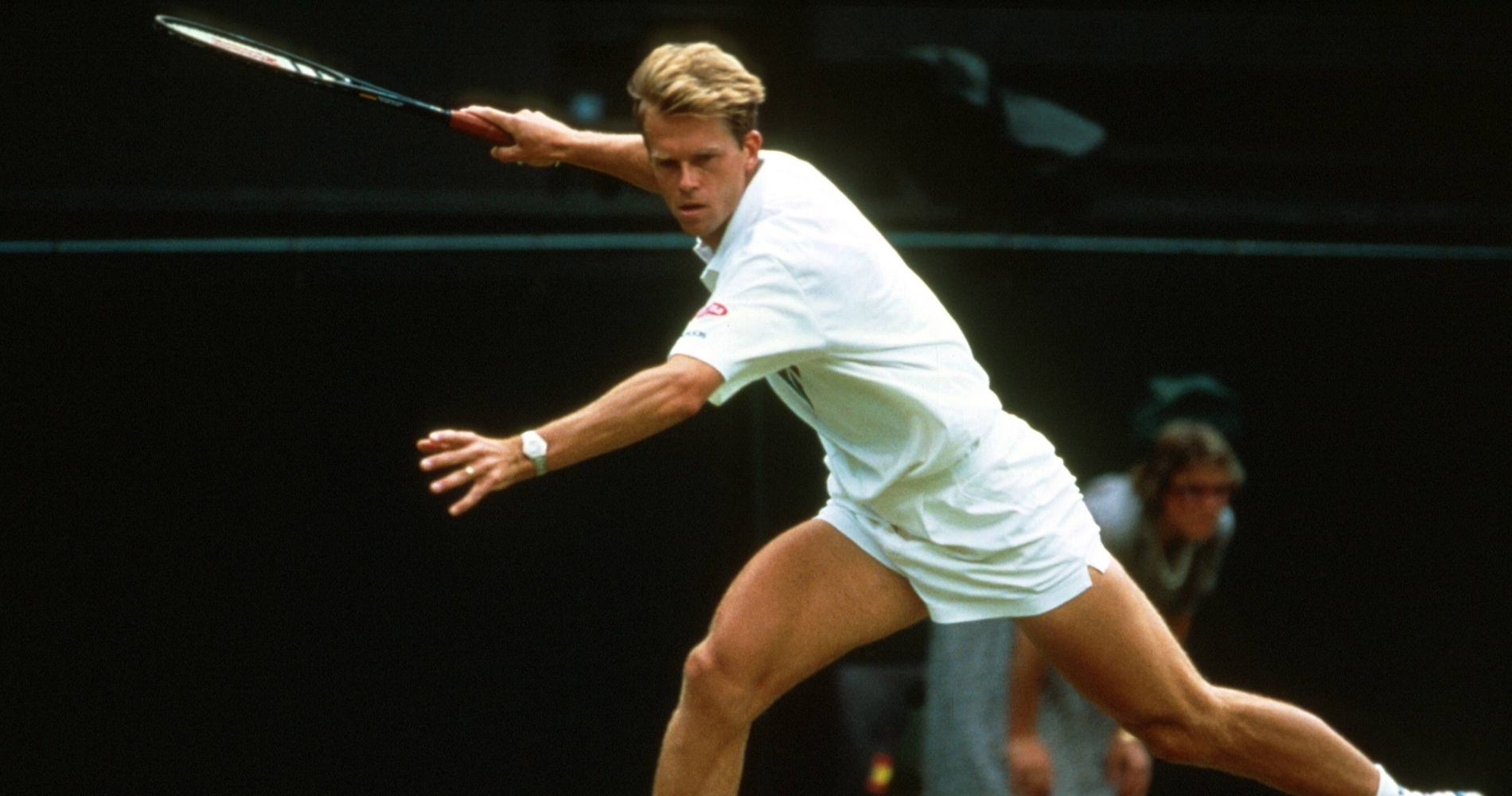
In 1989, Stefan Edberg lost some of his confidence after losing two major finals in a row: the first one at Roland-Garros, defeated by Michael Chang (6-1, 3-6, 4-6, 6-4, 6-2) in a heartbreaking match where he missed 10 break points in the fourth set, and the second one at Wimbledon, where his rival Becker took brutal revenge for the previous year’s final (6-0, 7-6, 6-4).
The Swede lost in the final of five other important events that year, but at the end of the season, he managed to beat Becker in the final of the Masters Cup (4-6, 7-6, 6-3, 6-1). He started 1990 by reaching the final at the Australian Open, but was forced to retire in the second set of his clash against Ivan Lendl because of abdominal injury. The Swede recovered on time to triumph at Indian Wells, confirming the great shape he had shown in Melbourne.
The place: Key Biscayne, Miami
The Miami Tennis Open, originally named the Lipton International Players Championship, was held for the first time in 1985, in Delray Beach, with the idea of being the first big tennis event of the year (at the time, the Australian Open was held in December). The tournament moved to Key Biscayne in 1987, and Miloslav Mecir was the first to triumph at the new venue. The event was played on slow hard courts, in extreme heat and humidity. Nonetheless, with huge prize money pot and a 96-player draw, it was considered as the biggest tennis tournament in the world outside of Grand Slams.
The facts: Agassi ends Edberg’s 10-match winning streak in four sets
On March 25, 1990, when Andre Agassi and Stefan Edberg met each other in the final of the Miami Open, it was anything but a surprise. The Swede and the American had already faced each other in the final at Indian Wells, where Edberg, who had also finished runner-up at the Australian Open, had prevailed.
In Miami, Boris Becker, struggling with motivation, was ousted in the second round by world No 46, Jean-Philippe Fleurian (7-6, 6-1), and the world No 1, Ivan Lendl, who said he was only in Florida because it was a part of his Adidas contract, was eliminated by Emilio Sanchez in the round of 16 (6-3, 6-7, 6-4).
To set up a second consecutive final clash against Andre Agassi, Edberg scored a miraculous win in the quarter-finals, against Jakob Hlasek, where he only escaped defeat thanks to a controversial line call while trailing 6-5 in the third-set tie-break.
In the final, while Agassi was determined to take his revenge upon Edberg, the Swede, who was on a 10-match winning streak, seemed under the weather. Thanks to his lethal backhand passing shots, the Las Vegas Kid took the first two sets, 6-1, 6-4, and even though he lost his concentration in the third set, losing it to love, he gathered himself together in the fourth set, easily prevailing 6-2.
“I guess people can’t say I don’t win the big ones anymore, can they?” said Agassi provocatively afterwards, in response to all the criticism he had been facing in 1989 due to his lack of success in major tournaments. However, although the Lipton Championship was one of the biggest events on the ATP Tour, it still lacked the prestige of a Grand Slam tournament.
On a more serious note, Agassi, who had shown serious physical and mental improvements compared to the previous year, was happy with his performance, and blamed the heat for the heavy loss of a third set.
“I was playing well, but he got off to a real good start in the third set and I got a little lackadaisical because in that heat, it’s tough to keep that level of tennis up for three entire sets straight,” he said. ”Last year, Edberg would have had serious confidence going into the fourth set because he was probably thinking, ‘All I have to do is hang in there and he’ll either get tired or careless or something,’ but that’s not the case now. I’m a lot stronger, fitter, and tougher mentally.”
What next? Andre Agassi would win his first Grand Slam title two years later
Agassi was right: in 1990, stronger, fitter and mentally tougher, he would reach the final at both Roland-Garros and the US Open. However, each time, despite being the favourite, he would be defeated, by Andre Gomez in Paris (6-3, 2-6, 6-4, 6-4), and by Pete Sampras in New York (6-4, 6-3, 6-2).
At the end of the year, he would defeat Edberg in the final of the Masters Cup (5-7, 7-6, 7-5, 6-2). However, Agassi would have to wait until July 1992 to claim his first Grand Slam title at Wimbledon, at the expense of Goran Ivanisevic. The Las Vegas Kid would triumph six times in total in Miami (1990, 1995, 1996, 2001, 2002, 2003), a record later equaled by Novak Djokovic.
Edberg’s career would peak in 1990. After another disappointment at the French Open, where he would lose in the first round, the Swede would reclaim the Wimbledon crown, edging Becker in five sets in their third consecutive final at the All England Club (6-2, 6-2, 3-6, 3-6, 6-4). On August 12, he would become world No 1 for the first time, a spot he would hold for 24 consecutive weeks, and 72 weeks in total.
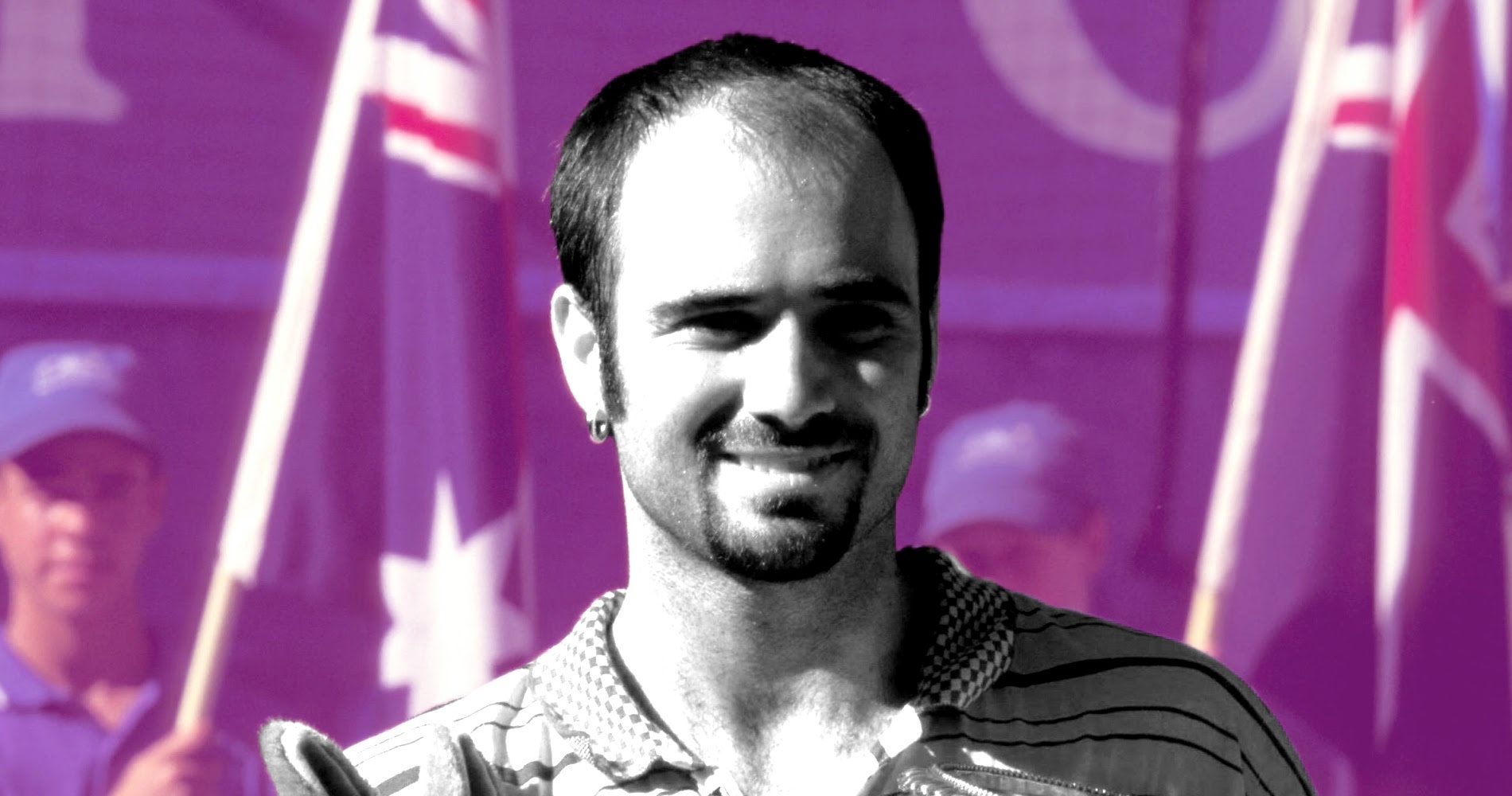

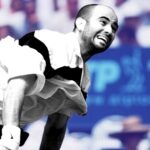
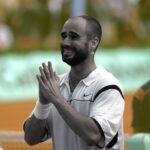
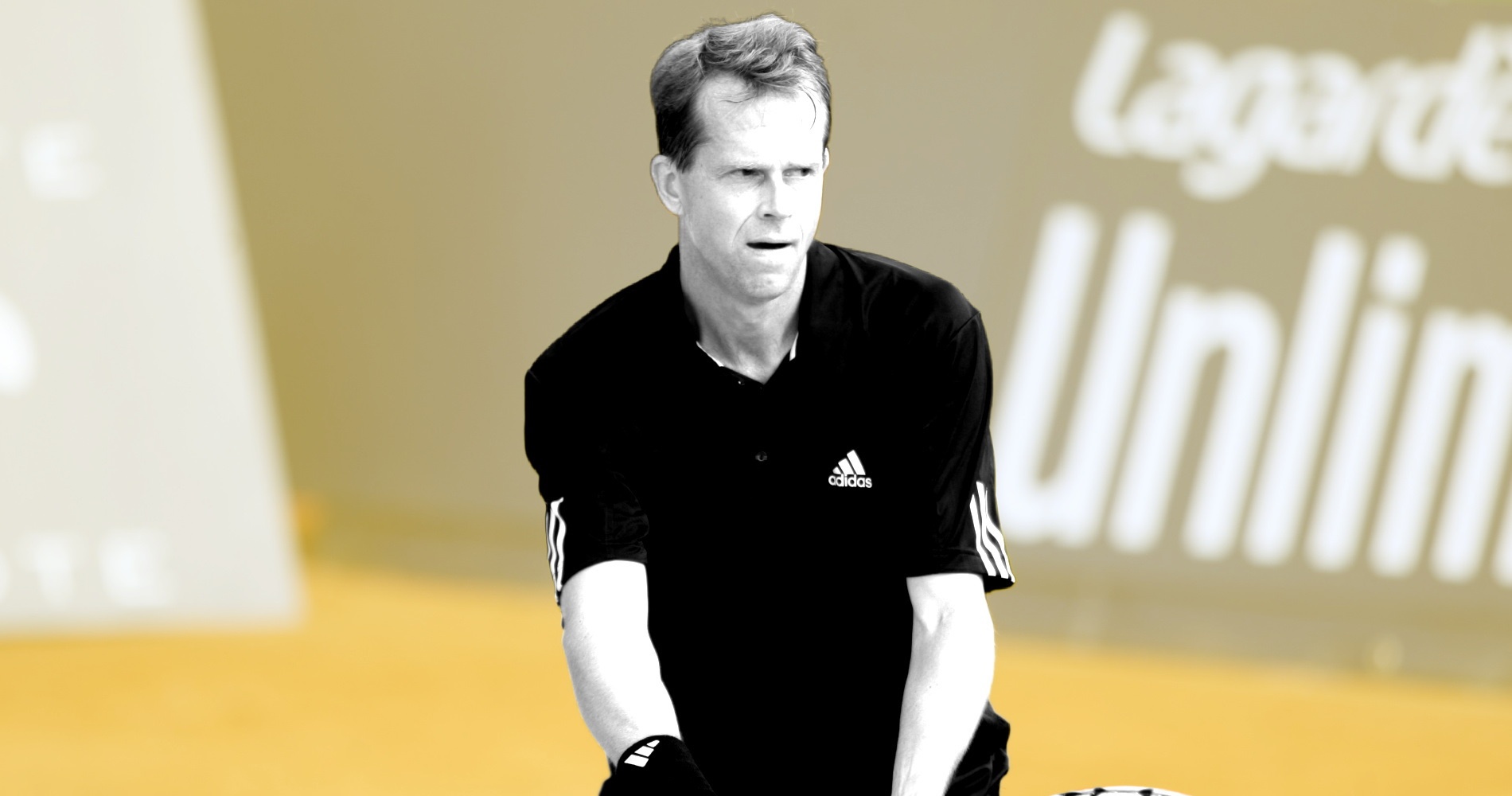






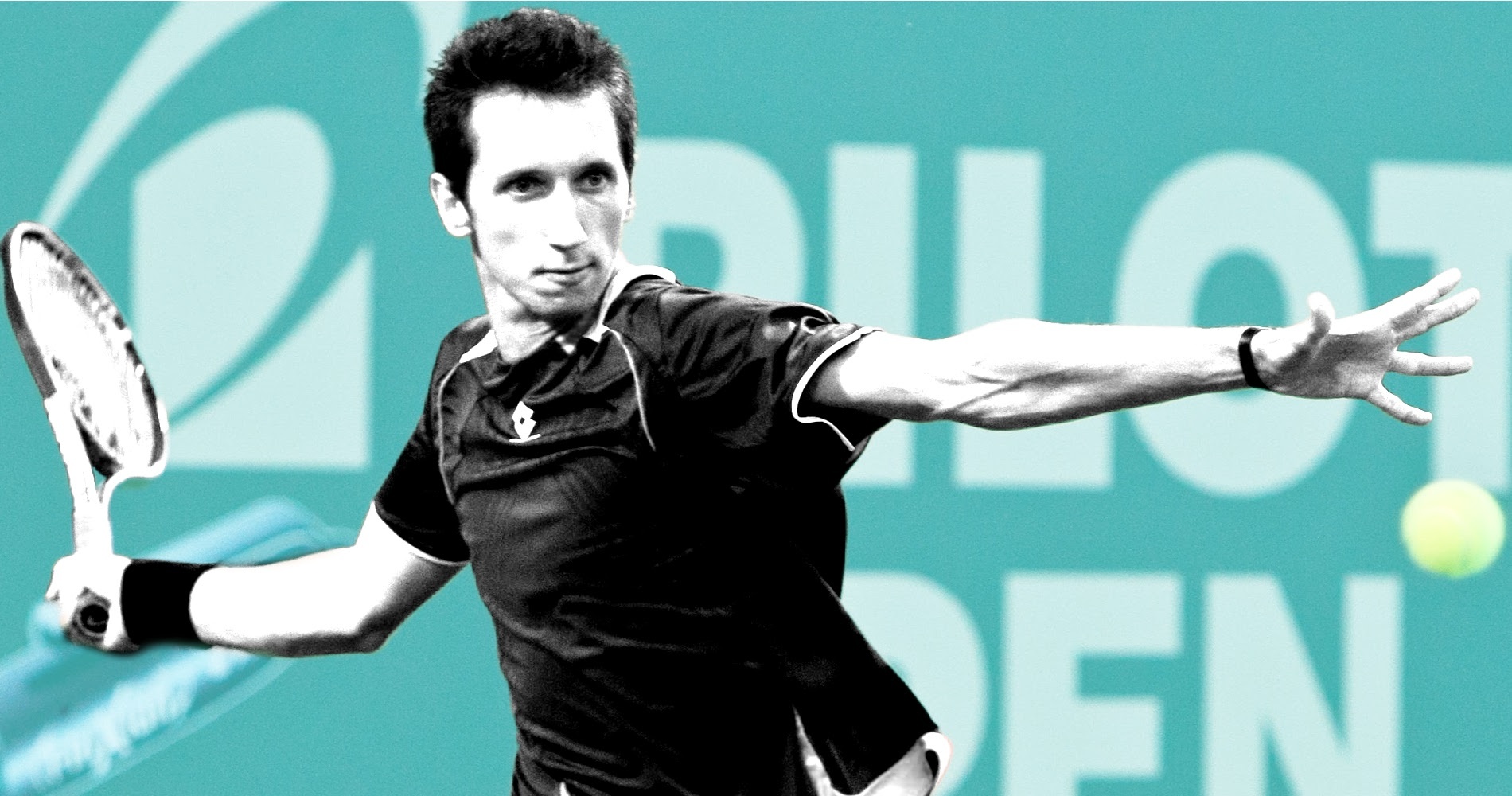
Andre Agassi defeated Stefan Edberg (6-1, 6-4, 0-6, 6-2) in the Miami final, so he won the final second time?